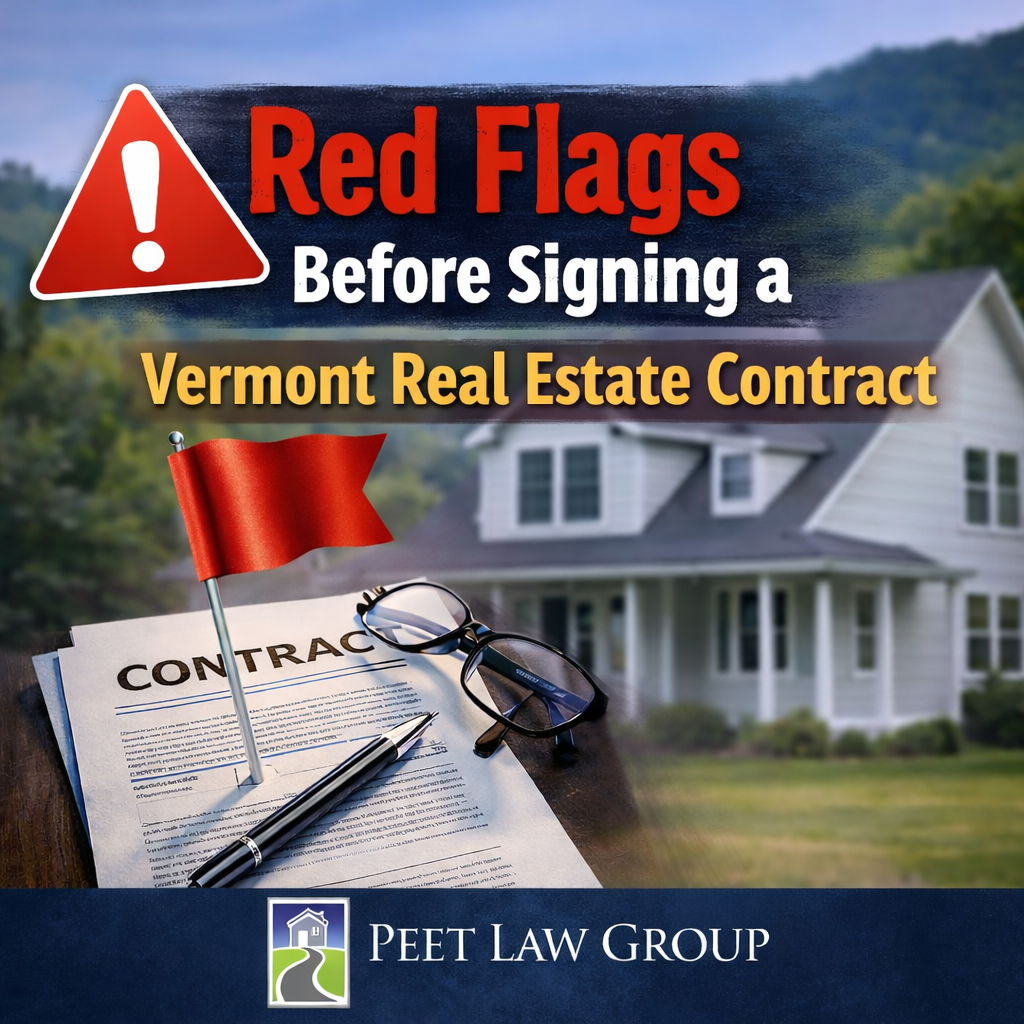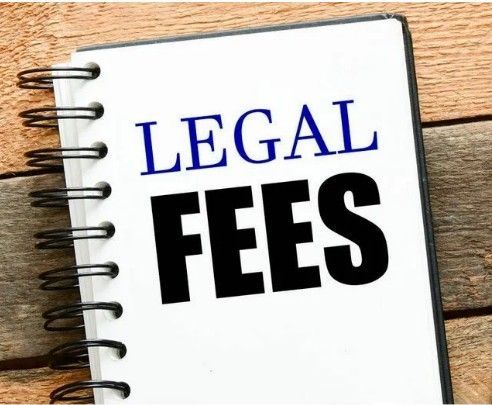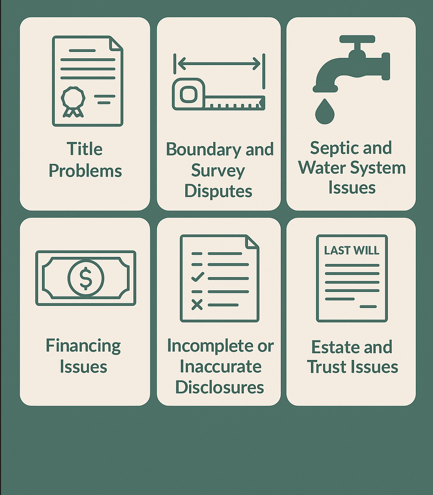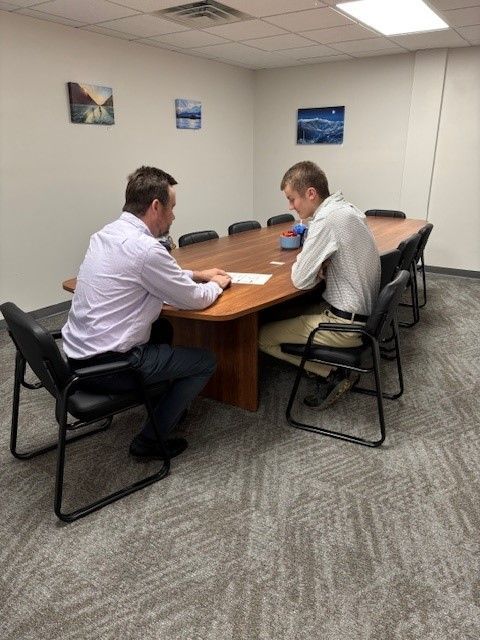When buying or selling a home in Vermont, most clients rely on both a real estate attorney and a licensed real estate agent. While their roles sometimes overlap, they serve distinctly different — and equally important — purposes in helping you navigate a successful transaction. At Peet Law Group, we often get asked, "Do I really need an attorney if I already have a realtor?" The short answer: yes. Here's why.
The Realtor’s Role: Market Expertise and Transaction Coordination
Your realtor is your guide to the real estate marketplace. Their job includes:
• Helping you find a property or list your home
• Providing comparative market analysis to determine a competitive listing or offer price
• Coordinating showings and negotiations
• Drafting the initial purchase and sale agreement
• Scheduling inspections, appraisals, and other logistics
• Serving as a communication bridge between buyer, seller, lender, and attorney
Vermont realtors are well-trained in contracts and negotiations. However, they are not licensed to provide legal advice — nor can they interpret legal language in binding documents. That’s where your attorney comes in.
The Attorney’s Role: Legal Oversight and Risk Mitigation
In Vermont, real estate attorneys play a central role in every home purchase or sale. Unlike in some other states, attorneys here are not optional — they are a critical part of the transaction. Key services provided by your attorney include:
• Reviewing or preparing the purchase and sale agreement
• Negotiating legal terms, contingencies, and closing conditions
• Conducting a full title search to ensure you’re receiving clear ownership
• Resolving title defects, such as liens, encumbrances, or easements
• Preparing the deed and closing documents
• Handling the escrow account and transfer of funds
• Attending and managing the closing on your behalf or in person
When legal questions arise — whether about property rights, easements, probate issues, co-ownership, or zoning — only your attorney is authorized to give binding legal guidance.
When Legal Advice Is Essential
Even the most straightforward Vermont real estate transaction can raise legal questions. Here are some common scenarios when legal advice is not just helpful, but necessary:
• The property is part of an estate or trust
• You are buying with or selling to a friend or family member
• There are known title issues, encroachments, or shared driveways
• You’re selling property with tenants in place
• You’re unsure how to handle repairs, inspection findings, or contract contingencies
Your realtor may help identify these issues — but only an attorney can advise you on your legal exposure and the best way to protect yourself.
A Team Approach: Working Together for Your Benefit
At Peet Law Group, we believe the best outcomes come when realtors and attorneys work hand-in-hand. We frequently collaborate with real estate agents across Vermont, ensuring our clients receive the benefit of strong market guidance and thorough legal protection.
Think of your realtor as the project manager, and your attorney as the legal strategist. When they work together, you stay informed, protected, and confident throughout the transaction.











